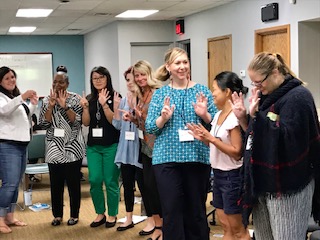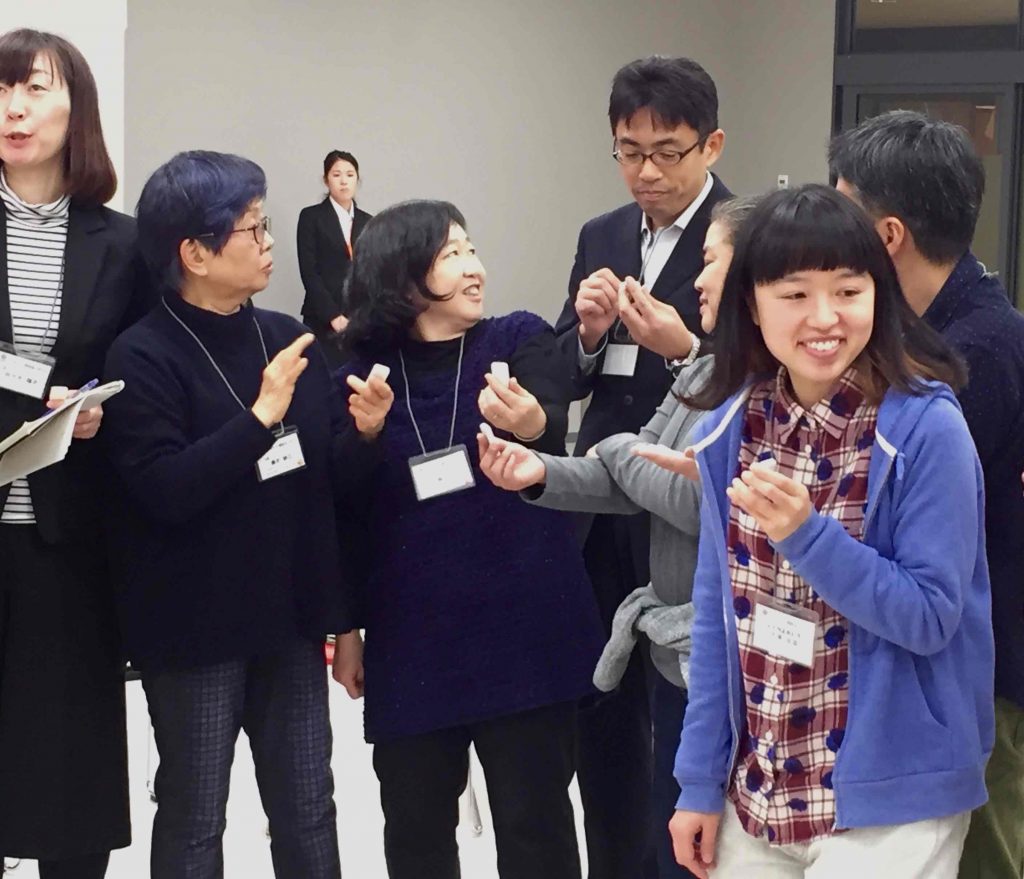Apr 02, 2019 Integrating Community-Building, Social and Emotional Learning, and Academic Content
The teachers, corporate trainers, high school advisors and other educators that I work with are constantly trying to create a balance of learning in their classes and groups. The challenge is to stretch their time to include building a strong learning community, facilitating reflection, and promoting important life skills along with the requirements of covering academic or training curriculum content.

When I first starting working as an experiential educator in the classroom, much of my work focused on building a positive and supportive school climate and promoting social-emotional learning. It naturally made sense to integrate the topics students were studying into some of the activities and reflective conversations.
As schools again shifted toward standards-based testing, I found that integrating academic content with community building time became a necessity to validate the time spent during academics. The movement toward differentiation over the past two decades helped me make an argument for these approaches, and I started realizing how effective some of my favorite problem-solving, community-building and communication-skills activities could be when review, reflection, formative assessment, and exploring and reinforcing academic content is the goal.
These tried-and-true activities will help make the most of your time by integrating academic or training content with group-building, problem-solving, and social-emotional skills development. Learners can practice, review, synthesize, and discuss academic material through playful collaborative learning. The examples are meant to inspire your thinking about how to use this type of approach in teaching your content
 Proponents of experiential education promote the importance of active, as well as intellectual, engagement in learning along with the value of reflection. Educational neuroscientists’ studies reveal that play facilitates learning and that educators can enhance outcomes by using interactive approaches and multiple senses to create multiple pathways to learning.
Proponents of experiential education promote the importance of active, as well as intellectual, engagement in learning along with the value of reflection. Educational neuroscientists’ studies reveal that play facilitates learning and that educators can enhance outcomes by using interactive approaches and multiple senses to create multiple pathways to learning.
Promoters of differentiation emphasize the need to vary or diversify our ways of delivering content and the importance of regularly checking for understanding or formative assessment. We also understand the need to practice collaboration in order to be ready for a career in the 21st century. Here are links to some of my previous posts with specific activities and techniques to facilitate this kind of learning.
Commonalities Mingle for Reflection and Content Discussion



No Comments